
As a mutual, we're trusted to manage more than £7 billion of our customers' and members' money in companies and other assets across the globe. But we're not just managing your money. We're also aiming to ensure the way it's invested delivers positive returns for you, along with the environment, climate and the communities we live in.
On this page
How we're meeting our sustainability goals
When we invest in companies, we always aim to improve the sustainability of our managed funds. And, where we believe we can make a positive difference, we engage with and challenge investee businesses to become more sustainable.
Just as we're dedicated to delivering better outcomes for you, we're committed to investing in companies that have been evaluated against a number of environmental and social factors. You can read our sustainable investing policy here.
This ensures we only invest in those we believe are operating in a way that reduces their impact on the environment and on society. For each of our funds, at least 10% of the companies we invest in will make a positive contribution to the world.
Learn more about our sustainable investing goals
Watch the video to learn more about how we apply our three principles of sustainable investing to the Wesleyan managed funds.

Researching our investor companies


Our Sustainable Investment (SI) Team
At Wesleyan, we aim to do the right thing for the planet while maximising the potential long-term investment returns we can achieve for our customers. That’s why we created our Sustainable Investment Team.
The three core principles of our approach
Responsible screening
We review all existing and potential investee companies against a number of environmental and social factors to ensure we only invest in those we believe are operating in a way that reduces their impact on the environment and on society.
For example, we only invest in oil and gas companies that have identified a comprehensive set of publicly-stated actions they intend to take to achieve carbon net zero with targeted timeframes. And we do not invest in companies that produce civilian firearms or tobacco.
Positive contribution
For each of our funds, at least 10% of the companies we invest in will make a positive contribution to the world.
This includes companies that:
- Positively tackle climate change by reducing waste or creating green energy
- Improve wellbeing through medical innovation or access to educational services
- Help promote sustainable cities and communities through affordable housing, or promote social development and mobility
- Protect and restore forests, reduce land pollution or manage water demand
A full list is available in our sustainable investing policy.
Active engagement
We work with other companies and like-minded investors to drive change within the companies we invest in, encouraging them to take steps that improve their sustainability and achieve better outcomes for the environment and for society.
We review all existing and potential investee companies against a number of environmental and social factors to ensure we only invest in those we believe are operating in a way that reduces their impact on the environment and on society.
For example, we only invest in oil and gas companies that have identified a comprehensive set of publicly-stated actions they intend to take to achieve carbon net zero with targeted timeframes. And we do not invest in companies that produce civilian firearms or tobacco.
For each of our funds, at least 10% of the companies we invest in will make a positive contribution to the world.
This includes companies that:
- Positively tackle climate change by reducing waste or creating green energy
- Improve wellbeing through medical innovation or access to educational services
- Help promote sustainable cities and communities through affordable housing, or promote social development and mobility
- Protect and restore forests, reduce land pollution or manage water demand
A full list is available in our sustainable investing policy.
Putting our principles into practice
An example of our commitment to positive contribution is an energy company that had been a Wesleyan holding for many years.
In 2021, Wesleyan made the decision to divest from this energy company as the Sustainable Investment (SI) Team felt it was not keeping pace with industry peers on ESG issues – mainly due to its response to climate change and the worldwide transition to renewable energy.
Before divesting, the SI Team voted at the company’s 2021 Annual General Meeting, to help it progress its transformation journey. Team members voted to replace two of the company’s Board directors with experts in the fields of energy transition and alternative fuels.
The team was pleased to see that change was made in line with its vote and the new Board Members at the energy company have brought expertise to help redefine the company’s strategy.
Since the vote, there has been significant improvement in the company’s approach to the sustainability of its operations, such as announcing plans to invest in low carbon energy and spending £15bn over the next six years on initiatives to reduce greenhouse gas emissions.
Even though Wesleyan decided to divest at the time, the SI Team felt it helped the company to embrace positive change.
In November 2021, two members of the Sustainable Investment (SI) Team met with an Investor Relations representative from one of the world’s largest metals and mining corporations to discuss a range of environmental and social issues.
This included the relationship between the company and Aboriginal Australian peoples, which had deteriorated following the tragic Juukan Gorge explosion. This event saw a 46,000-year-old sacred site destroyed by the company’s operations at the Brockman iron ore mine in the Pilbara region of Western Australia.
During the meeting, the SI Team challenged the company on the remediation measures put in place for the affected communities and its commitment on what it would do to ensure such a disaster would never reoccur.
Three months after the meeting, the company stated that it had entered a formal agreement with the Aboriginal Australian peoples to ensure that social values are protected during activities at its iron ore mine.
The mine’s expansion would also be designed to reduce its impacts on cultural heritage sites, and the plan will be used as a framework for future developments. It also stated that discussions regarding remediation for the destruction of Juukan Gorge were underway.
The SI Team felt that a global manufacturer of construction and mining equipment was falling behind its peers by not setting sufficiently challenging targets for carbon emission reductions and not giving enough prominence to sustainability issues in its business strategy.
The company responded positively to engagement, and we have seen it addressing key investor concerns. Since the Sustainable Investment (SI) Team began engagement activities, the firm has established the new leadership position of Chief Sustainability & Strategy Officer, reporting directly to the Chairman and CEO.
The Board of Directors has also committed to incorporating ESG factors into the 2022 incentive plan for Executive Officers. This goes a long way to ensuring that sustainability metrics are central to the business.
The SI Team continues to work with the company to ensure further improvements are introduced. In 2022, the team was also asked to review and provide feedback on their sustainability report.
More ways we're driving change
Signing up
We are proud signatories of the internationally recognised, UN-sponsored Principles for Responsible Investment and Climate Action 100+.
Speaking out
We’re an active shareholder of the companies we invest in - voting against management where proposals go against our beliefs on sustainability.
Setting targets
All our investment funds have carbon footprint targets, supporting the transition to lower carbon emissions and environmental impact.
Voting history
Investing in companies is a key part of fund management. As shareholders we have the right to vote on a range of strategic issues that include complex areas such as sustainability.
As part of our commitment to 'active engagement', we carefully consider all factors and take appropriate action to vote as we see fit.
Voting is extremely important to us because it can help to shape the way a company is managed, as well as its approach to sustainability.
This, in turn, can affect the long-term financial returns we can expect to achieve for all those who trust in us to invest on their behalf.
Our 2020-25 voting record
These summaries provide an update of our voting actions and example case studies.
- 1 July 2024 - 30 June 2025 (PDF, 152KB)
- 1 July 2023 - 30 June 2024 (PDF, 206KB)
- 1 July 2022 - 30 June 2023 (PDF, 67KB)
2025
- July - September 2025 (PDF, 1.4MB)
- April - June 2025 (PDF, 2.9MB)
- January - March 2025 (PDF, 2.9MB)
2024
- October - December 2024 (PDF, 7MB)
- July - September 2024 (PDF, 13MB)
- April - June 2024 (PDF, 3MB)
- January - March 2024 (PDF, 3MB)
2023 (July onwards)
- October - December 2023 (PDF, 12MB)
- July - September 2023 (PDF, 7MB)
2022 - 2023
- June 2022 - July 2023 (PDF, 2MB)
2021 - 2022
- June 2021 - July 2022 (PDF, 2MB)
2020 - 2021
- June 2020 - July 2021 (PDF, 3MB)
Our signatories
As part of our 'active engagement' pillar, we are already signatories to the following organisations:

The Investor Forum
UK-focused collaborative investor network, working to position stewardship at the heart of investment decision making.
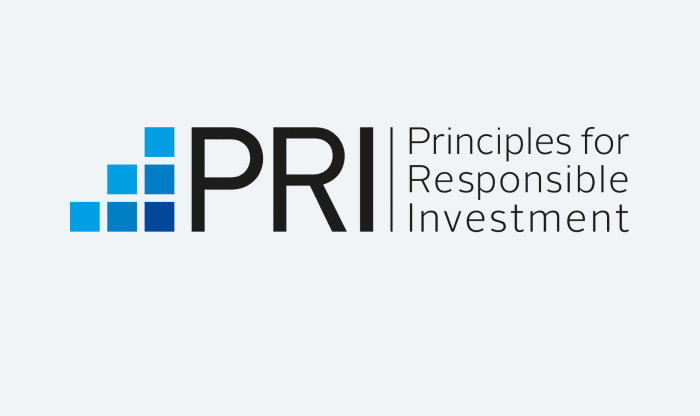
Principles for Responsible Investment (PRI)
The world's leading proponent of responsible investment and ESG factor integration. Helps investor signatories incorporate these factors into their investment decision-making process.
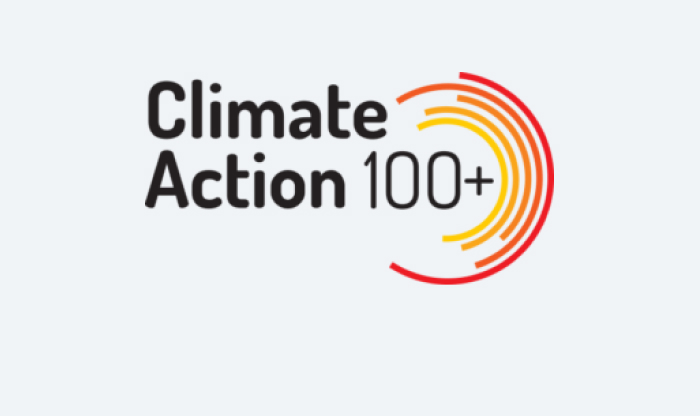
Climate Action 100+
An investor led initiative to ensure the world’s largest corporate greenhouse gas emitters take necessary action on climate change.
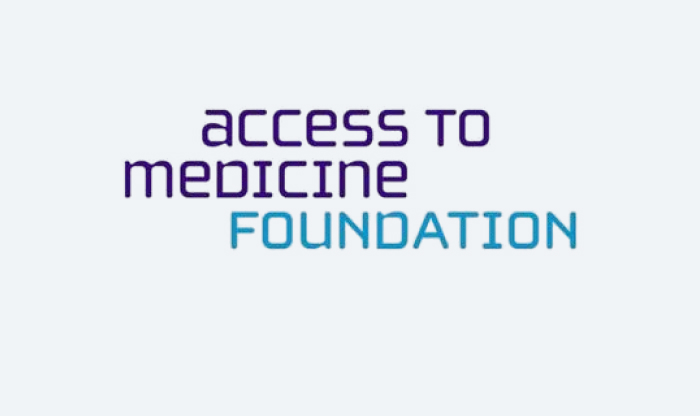
Access to Medicine Foundation
Encourages and guides pharmaceutical companies to do more for the people living in low- and middle-income countries with limited access to medicine.
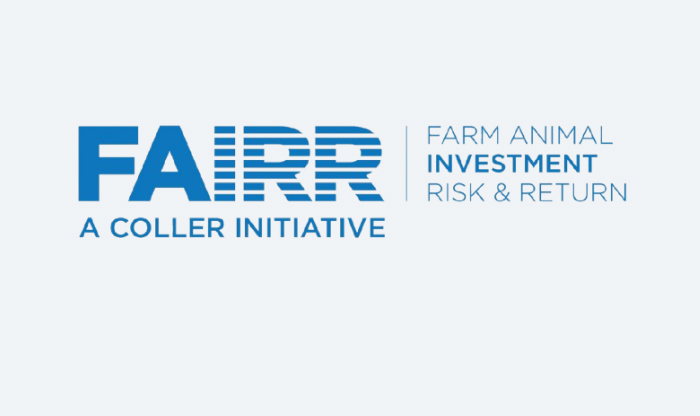
FAIRR
Collaborative investor network that raises awareness of the material ESG risks and opportunities in intensive livestock production.
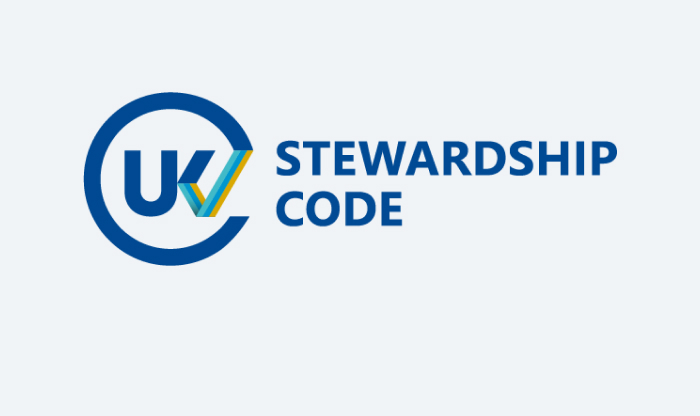
UK Stewardship Code
The UK Stewardship Code sets high stewardship standards for those investing money on behalf of UK savers and pensioners, and those that support them.
Key documents
Sustainable investing brochure (PDF, 9.71MB)
Stewardship and engagement policy (PDF, 382KB)
Annual Stewardship Report (PDF, 1.5MB)
Shareholder Engagement Policy (PDF, 119 KB)
